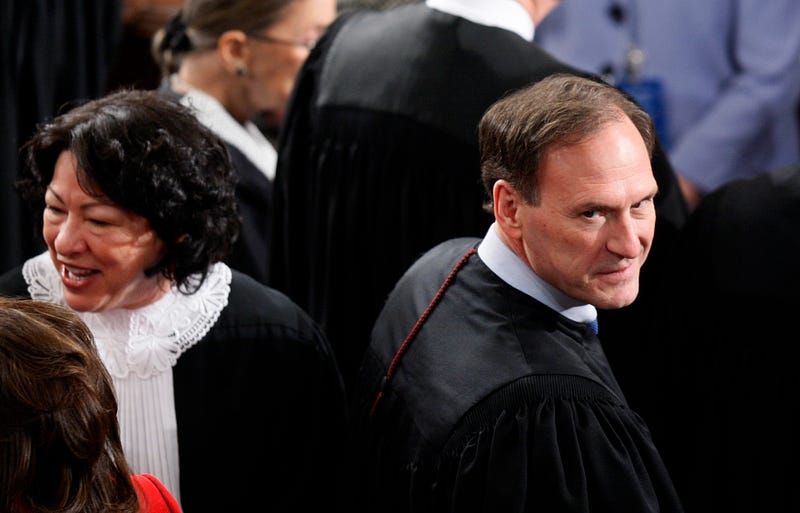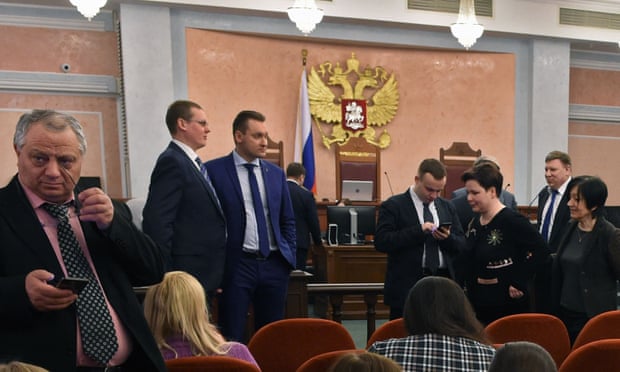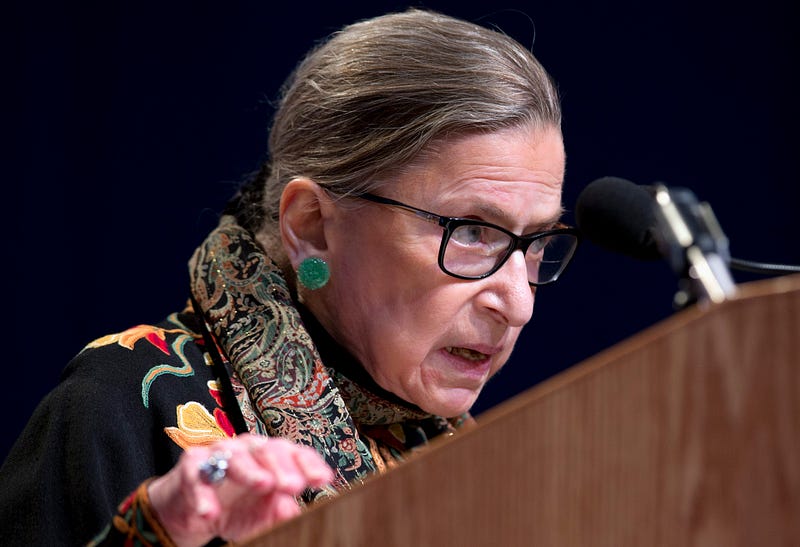Under our Constitution, aperson accused of a crime is presumed to be innocent until proven guilty. It’s a foundational principle that is familiar to anyone who’s watched an episode of Law and Order.
And yet the state of Colorado forgot an important corollary to this principle — even after someone is convicted, if their conviction is later “erased,” then the presumption that they are innocent must also be restored.
On Wednesday, the Supreme Court reestablished this corollary in an opinion written by Justice Ruth Bader Ginsburg. Only Justice Clarence Thomas dissented from Ginsburg’s decision, although Justice Samuel Alito wrote separately to disagree with her reasoning.
Nelson v. Colorado involves two individuals, Shannon Nelson and Louis Alonzo Madden, who were convicted of crimes but later had their convictions thrown out. Both were charged a variety of fees and other costs during the period after their convictions but before those convictions were tossed out — Madden was charged nearly $2,000. The state refused to refund the money even after it lost the legal basis it used to collect the funds.
According to the Colorado Supreme Court, the only way that Nelson and Madden could be reimbursed is through a separate proceeding under the state’s Exoneration Act. However, under that act, “a defendant must prove her innocence by clear and convincing evidence” — a high burden that effectively forces wrongly convicted individuals to overcome a presumption of guilt.
Such a process, Ginsburg wrote for the Court, is not good enough.
“Colorado urges…that the funds belong to the State because Nelson’s and Madden’s convictions were in place when the funds were taken,” the justice wrote. “But once those convictions were erased, the presumption of their innocence was restored.”
She added that the state “may not presume a person, adjudged guilty of no crime, nonetheless guilty enough for monetary exactions.”
Original Article
Source: thinkprogress.org
Author: Ian Millhiser








































/cdn.vox-cdn.com/uploads/chorus_asset/file/6302257/20140706_01.0.jpg)




/cdn.vox-cdn.com/uploads/chorus_image/image/54291857/GettyImages_668105590.0.jpg)



